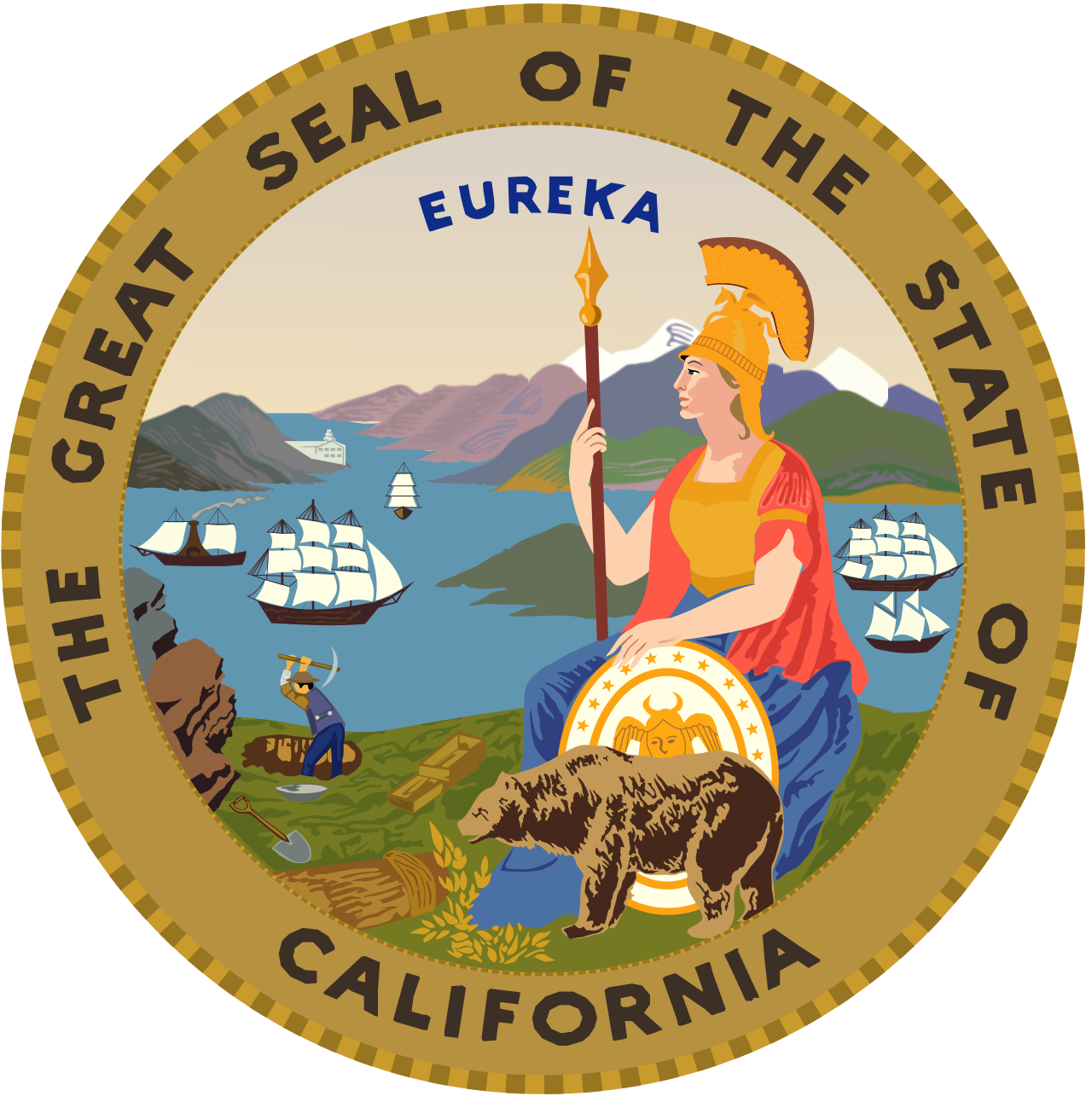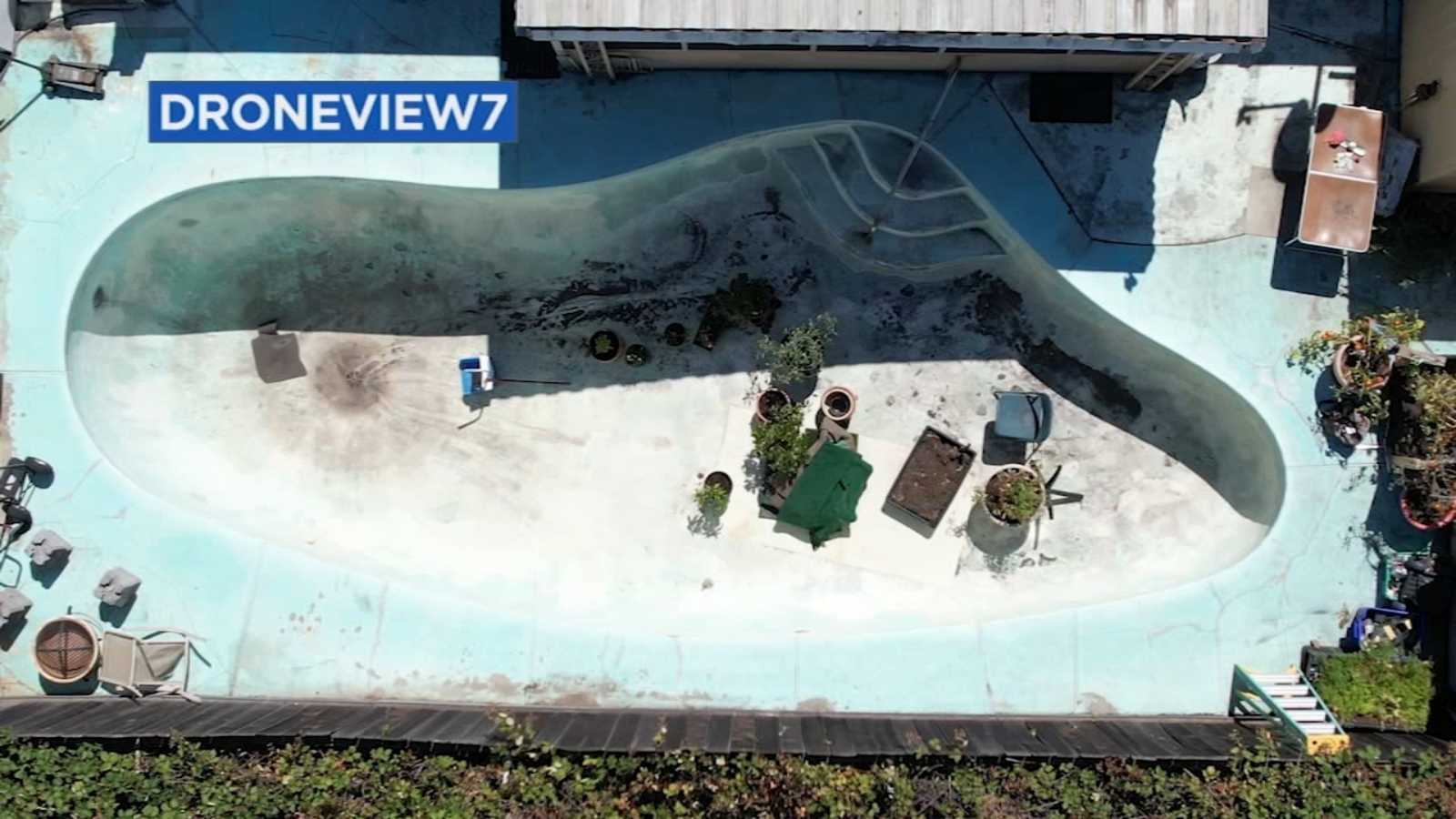It’s becoming harder and harder to get a homeowner insurance policy in California. State Farm and Allstate stopped writing new policies, citing wildfire risks. Others are limiting new customers.
And now, several viewers tell San Francisco’s KGO-TV that AAA is not renewing their longtime policies – and it has nothing to do with wildfires.
These homeowners were surprised to find out aircraft and satellites were taking photos over their homes. They were baffled to find out the reasons AAA dropped their coverage – everything from clutter in the yard to draining a swimming pool to save water.



Similar game played in WA. Insurance commisioner enforced a rule without a vote to make it harder for insurance to set rates based upon zip codes, citing inequality. Then insurance rates skyrocketed for everyone else. Im not sure if it backfired or helped anyone other than the few people who shopped for better insurance, like I did at the time. I had the extra time to shop and go through the pain of getting another insurer but I’m sure others just ate that bigger bill all while insurers got a nice fat pump in their profits.
We put together a public option, we’d see these shenanigans stop real quick
Thats looking like a better option for many industries. Unfortunately those industries have a lot of money to buy politicians and make sure its a failed option.
Private insurance never made sense. The goal is to have the biggest, and most diverse risk pool, so no one event sinks the entire hedge. That means monopoly, and if you have any sort of reasoning capacity, state-run monopoly.
When private firms say “oh, we’ll only do business in a ‘low-risk’ area”, they’re basically asking the fates to pull something like the New Madrid earthquake on them. There is no substitute for diversified risk.
I’d also be unsurprised if a lot of modern “risk analysis” is redlining with extra steps.
You have the California FAIR plan. Its much more expensive than any private offering because they don’t have to follow the rules of private insurers in California. Insurance in California is heavily regulated, especially around premium increases. This is why the insurance companies are pulling out; not because the regulations per se, but the math of how much they can charge, versus how big the risk is, is just too high.
These companies are greedy af. I can assure you they want to be making money in a trillion dollar market. The point is that they can’t.
While possible that it was in retaliation… much more likely is simply… this is how insurance is calculated. Insurance is your agreement with a company for them to accept a portion of the risk of a large claim payout in exchange for a monthly payment. If the way the company calculates that risk is forced to change, of course the premiums will too.
In your example, the insurance companies were able to separate by zip code the areas that were higher or lower risk, which is one of the biggest factors that directly affects how likely they are to have to pay out a claim, and thus your monthly premium. A homeowners insurance premium has very little to do with your home itself, beyond the overall value and roughly what condition it is in. Much of it is based on the surrounding area, because that’s where the most risk comes from. It’s not from grandma for getting to turn off the stove and lighting a candle, it’s burglars breaking in or the seasonal chance of a wildfire destroying the property.
For instance, a person living in an area of the city that sees property crime rate at 5000% of another will of course have a different risk factor for the company to need to pay out, and the insurance premium takes that into account. If the company can no longer separate areas on a smaller scale, then the calculation will instead have to look at a larger area to determine risk, like an entire county for instance. The most risky areas could have seen their insurance costs drop a bit while the “safer” areas saw it rise, not because the company is actively trying to increase a cost, but simply because the overall risk of the new larger area is higher than their zip code was. It likely doesn’t even involve a person making a change other than telling the algorithm to replace the zip code risk factor with the county risk factor. Insurance companies make money by collecting money from a ton of people in the area and then profitting off the difference between the premiums and what they have to payout in claims. In areas with higher risk, payouts are predicted to be higher so the premiums are higher to compensate. It’s still a profit-driven business after all, they aren’t going to reduce their profit because you live in a dangerous area, you will just have to pay more.
The entire point of insurance is to socialize and share losses, via a private company. An individual doesn’t have to bear all the responsibility because a company or other group is willing to accept part of that responsibility in exchange for the monthly premium. Insurance is just sharing risk, and by removing the company’s ability to separate by zip code, the overall risk for everyone changed because the surrounding region they can calculate risk from covered changed.